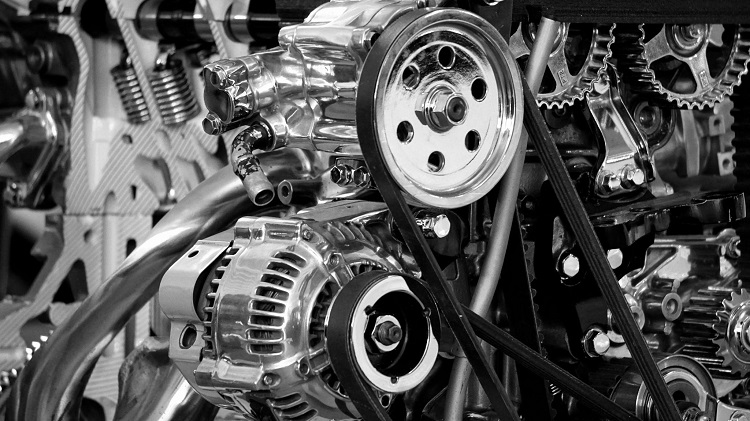The Ultimate Guide to Buying Used Car Engines
Purchasing a used car engine is an excellent option for vehicle owners looking to save money or keep their car running without investing in a brand-new engine. When your car faces significant engine issues, replacing it with a used engine can breathe new life into the vehicle. This guide will explore the complexities of buying a used car engine, with special attention to renowned brands like BMW engines, Audi engines, and MB engines (Mercedes-Benz). From understanding what used engines are to the factors influencing their reliability, we’ll cover it all.
Understanding Used Car Engines
A used car engine is essentially a motor that has been removed from a previously owned vehicle and made available for resale. These engines are not new but may still be in excellent working condition. They often come from cars that have been scrapped due to accidents, age, or other issues unrelated to the engine itself. Salvage yards and repair shops are common sources for such engines, and the engines are often tested for functionality before being sold. Some used engines are even refurbished, meaning they undergo cleaning, inspection, and minor repairs to improve reliability.
Types of Used Engines
The market also distinguishes between used, remanufactured, and rebuilt engines. A standard used engine comes straight from a previous vehicle, with no major modifications. Remanufactured engines are carefully dismantled, inspected, and rebuilt to meet factory specifications, often using new or reconditioned components. Rebuilt engines are similar but typically involve replacing only the parts that are worn or broken, often by independent mechanics.
Why Are Used Engines Popular?
Used engines are increasingly popular among car owners because they offer a blend of affordability and practicality. They are especially valuable for those driving older vehicles or models that have been discontinued. For instance, finding a specific BMW engine for a 10-year-old car can be challenging unless you explore the used market. Similarly, Audi engines and MB engines are often sought by enthusiasts looking to maintain or restore premium vehicles at a fraction of the cost of new components.
Environmental and Cost Benefits
The appeal of used engines goes beyond cost savings. Opting for a used engine contributes to environmental sustainability by reducing waste. Rather than discarding functional parts, the auto industry has embraced reusing engines as a green initiative. In addition, used engines often come with a detailed history, providing buyers with insights into their performance and maintenance records.
Key Considerations When Exploring Used Engines
However, it is crucial to approach the purchase of a used engine with caution, as the reliability of these engines can vary widely. Mileage is a significant factor, as engines with high mileage are more likely to have wear and tear. Compatibility is another critical consideration, as not all engines are interchangeable between models. For example, while MB engines are designed with precise engineering standards, they might not fit seamlessly into models outside the Mercedes-Benz lineup without significant modifications.

